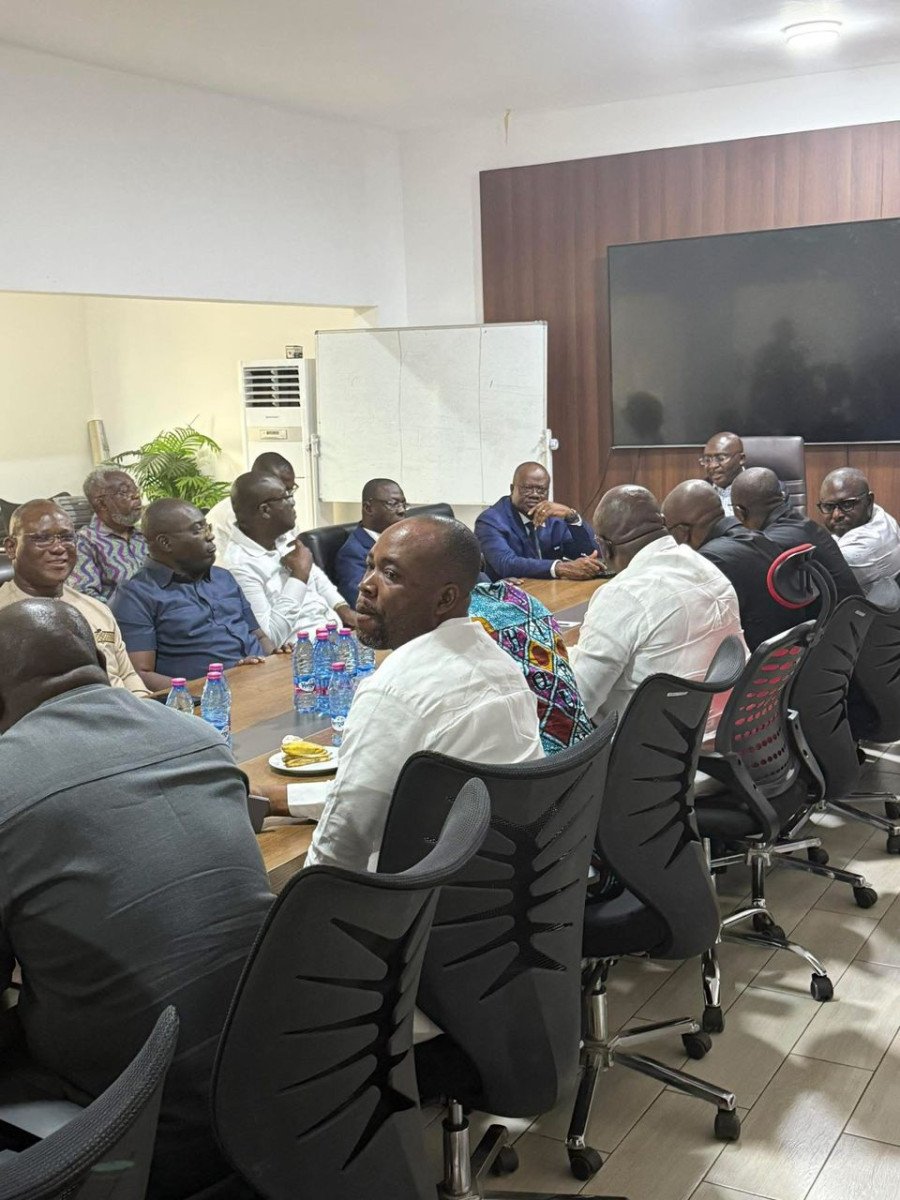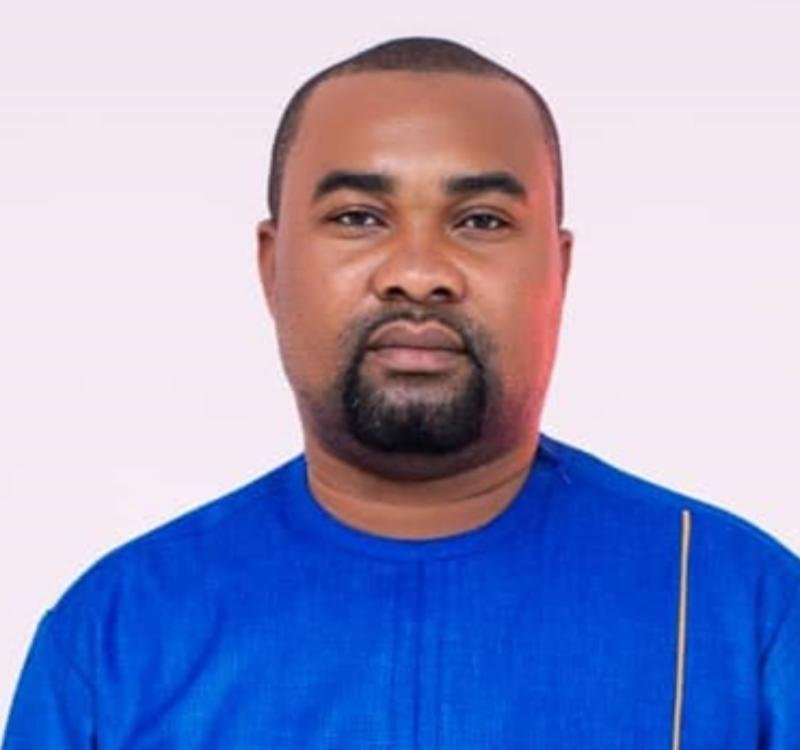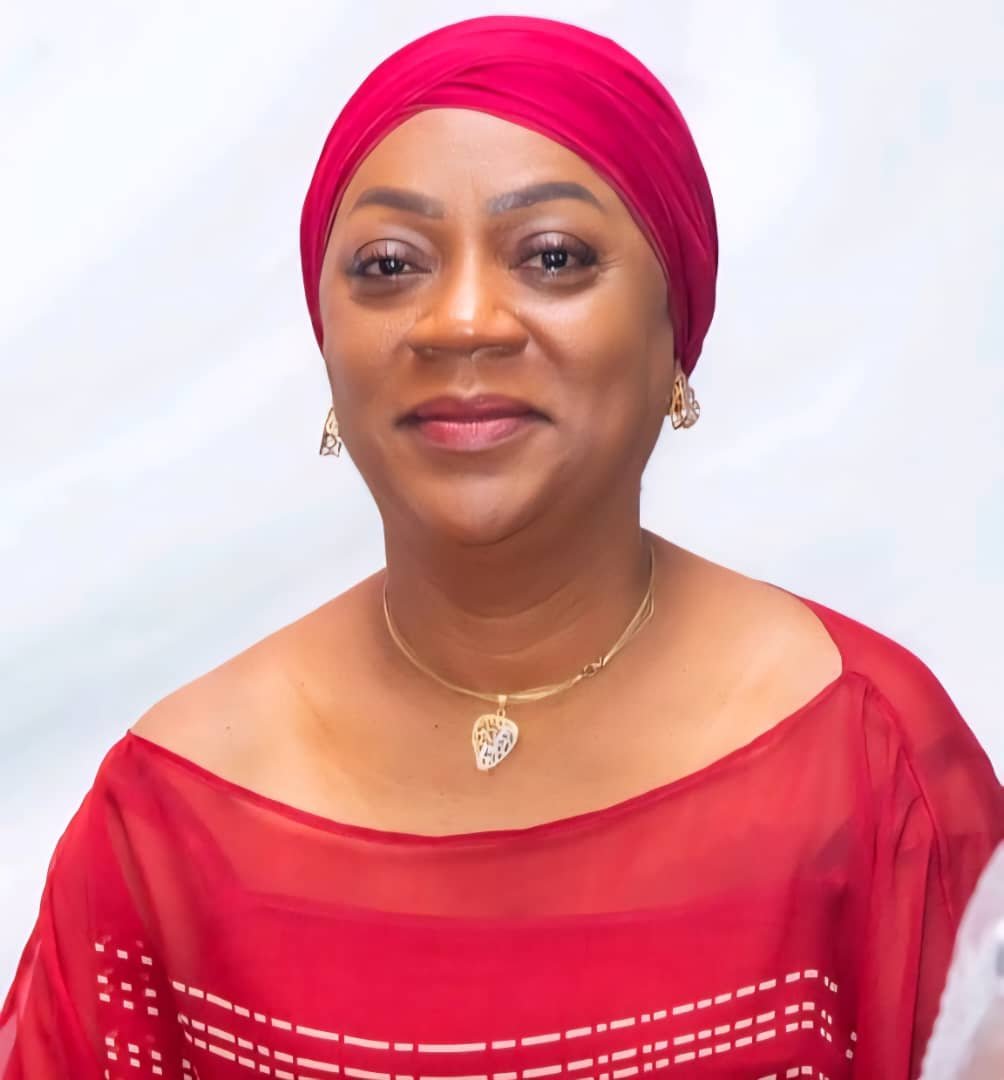Ghana’s foreign minister Shirley A. Botchwey has held talks with her Sri Lankan counterpart, Mr. Ali Sabri in Colombo, to discuss her bid for the Commonwealth top job, and ways for their two countries to cooperate to build economic resilience.
The two met behind closed doors in a tete-a-tete on Ms. Botchwey’s candidacy for Commonwealth Secretary-General due to be decided in October when Heads of Government meet at their biennial summit in October in the Pacific island of Samoa.
“As Commonwealth countries who have gone through similar difficult economic experiences recently, there’s a lot we can learn from each other,” Ms. Botchwey said.
Sri Lanka suffered paralyzing street protests culminating in the collapse of the government of President Gotabaya Rajapaksa in 2022.
It followed a post-covid financial crisis which saw the value of the Sri Lankan rupee plummet by over 90 percent against the U.S. dollar, and inflation balloon past 70%.
Mr. Sabri, now foreign minister, took over as finance minister for an interim period, leading to a turnaround in the fortunes of the island country, formerly known as Ceylon, and famed for its tea production.
Like Sri Lanka, Ghana turned to the IMF for a bailout following a similar though less paralyzing economic crisis in 2022-23.
“This is extremely important for us in the Commonwealth that we’re able to draw from each other’s experiences and learn where other members have unique expertise,” Ms. Botchwey said.
Both countries are currently experiencing a turnaround, with inflation in Sri Lanka down to about 40%, and tourist arrivals expected to reach two million by the end of this year, up by nearly two-thirds compared to 2022. Ghana’s inflation has also more than halved to 20.9 percent in July.
Ms. Botchwey was particularly impressed with Sri Lanka’s green energy transition. Renewable energy currently provides 50 percent of the country’s power needs, with a 2030 target of 70 percent within reach, according to Mr. Sabri.
Consumers in the country of 22million can sell the excess power they produce to the national grid. In Ghana, renewables account for about 31.6 percent of electricity production in Ghana, coming mostly from hydro.
Addressing climate change is one of the key components of Ms. Botchwey’s vision for the Commonwealth, should she replace the current British-Dominican office-holder Baroness Patricia Scotland who is serving her second and final term.
The other planks of Ms. Botchwey's vision include democracy, good governance and democratic dividend - that is democracy with tangible economic outcomes; education and skills training and support for start-ups for the youth, and increased trade and investment among members of the 56-member organization.
“Ghana would like to co-operate and learn from Sri Lanka in the areas of textile and garments, as well as rice production and tourism,” Ms Botchwey said.
Mr. Sabri said Commonwealth countries must work closely to expand their trade basket, and Sri Lanka would be happy to explore further opportunities in Ghana. The footprint of the Sri Lankan textile industry in Africa is currently limited to Egypt and Kenya.
Total export value from Sri Lanka to Ghana was just underUS$20 Million in 2021, while total imports from Ghana to Sri Lanka for the same period stood at approximately half a million U.S. dollars.








